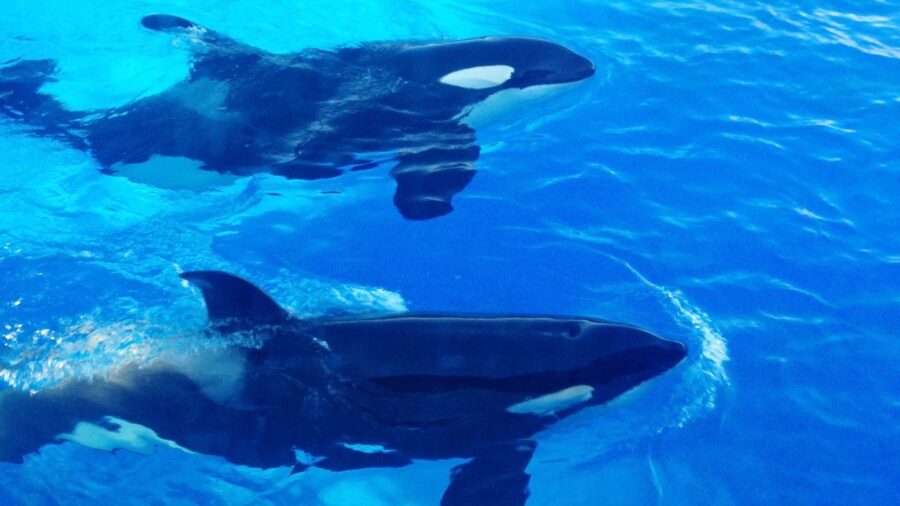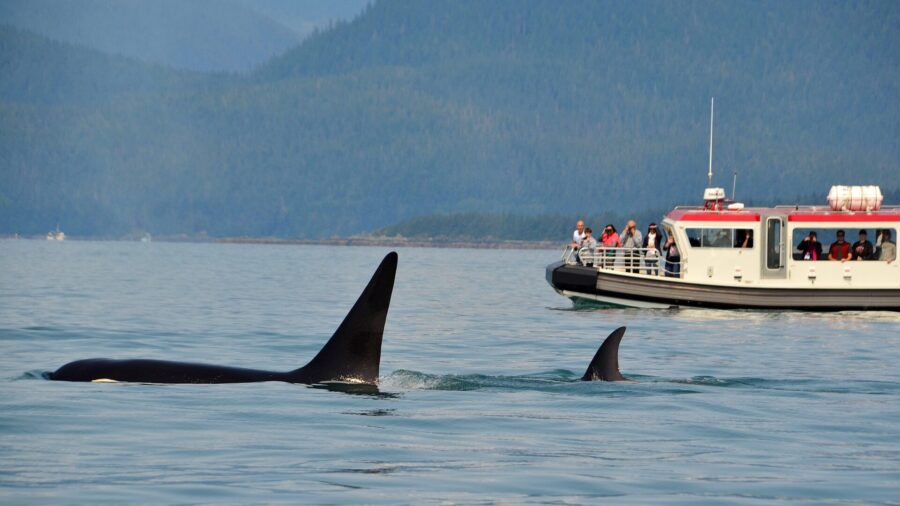Killer Whales Are Starting To Sink Ships
Killer whales around Europe have sunk multiple boats in the past three years.

Theme parks such as Sea World have fostered a perception of killer whales as gentle, friendly creatures through impressive, trained performances. However, these captive portrayals starkly contrast with their true nature as apex predators, demonstrating territorial aggression and formidable hunting skills in the wild, which can be a significant threat to marine life and, potentially, humans. In fact, Science Alert is reporting that orcas living off Europe’s Iberian coast were behind the recent capsizing of a yacht, making it the third vessel this subpopulation of whales has sunk since May 2020.
Although there is currently no record of an orca killing a human in the wild, it doesn’t make incidents like the one mentioned above any less frighting. Killer whales aren’t usually known for damaging or sinking boats, and this unexpected behavior undoubtedly highlights the unpredictable nature of these awe-inspiring but formidable animals. Of course, it’s essential to acknowledge and respect the power and territorial behaviors of orcas, but their increasing aggression towards boats run by humans indicates that we need to learn more about this issue and come up with suitable ways to respond.
To gain some insights, Science Alert reached out to Dr. Luke Rendell, a marine biologist at the University of St Andrews, who specializes in the learning, behavior, and communication among marine mammals, including killer whales. When asked why orcas appear to be intentionally attacking vessels off the Iberian coast, Rendell responded, “Any answer that I (or anyone else, really) give to this question is speculation – we just don’t know enough about killer whale motivations to be certain.” He concurred that these unusual incidents present a biological mystery that calls for unraveling, particularly given the absence of any apparent evolutionary advantages or adaptative characteristics linked to this behavior.

Dr. Rendell further clarified that the action of killer whales targeting boats doesn’t directly contribute to their survival or provide any advantages such as access to food or mating prospects – elements he referred to as “fitness-enhancing rewards”. While some might categorize this conduct as an evolutionary adaptation, he suggested that, for killer whales, boat attacks seem to fall outside what we would typically identify as such adaptive behavior. He further suggested that if we were to explore a possible adaptive reason, the inherent curiosity of killer whales, which frequently drives notable innovations concerning food sources, might play a part.
Evidence suggests that this behavior likely began with individual killer whales but seemed to proliferate via social learning. Similar fad-like behaviors have been noted in other marine species, like bottlenose dolphins, where specific individuals initiated and promoted unique behaviors that the rest of the group then learned. This mode of behavior spread seems to be in play with the killer whales as well, where a specific individual, possibly traumatized by past encounters with boats, initiates aggressive behavior towards vessels.
Regardless of the reasoning behind these unexpected boat attacks by killer whales, the episodes have left us genuinely apprehensive about heading out into the water. The unpredictable nature of these attacks, coupled with the immense strength of these marine animals, intensifies our fear even further. Because of this, the ocean, which used to be a place for fun and adventure, has turned into a place that gives us the jitters.












